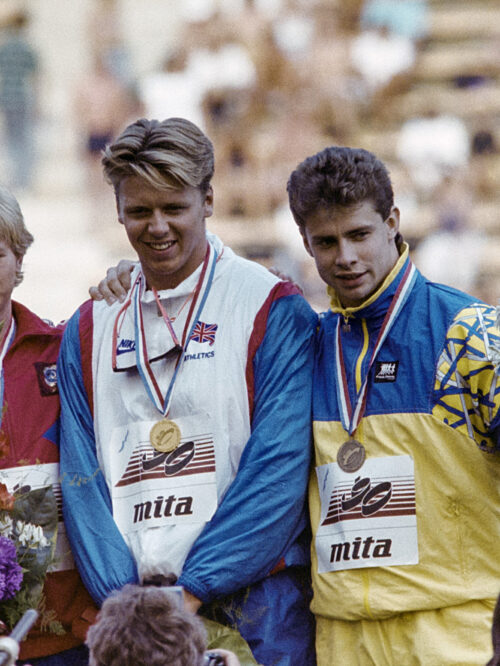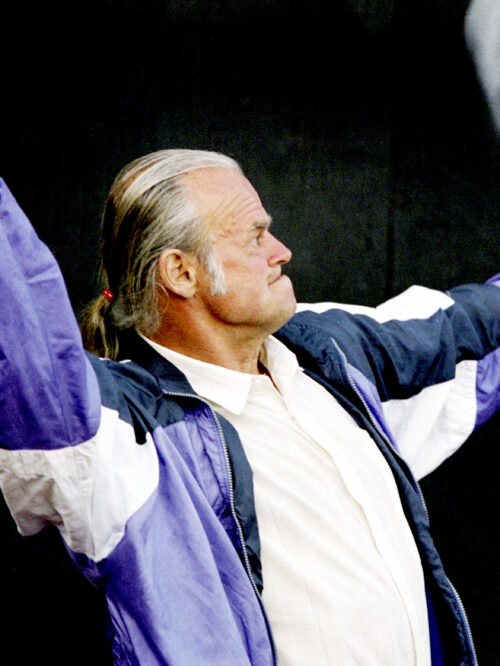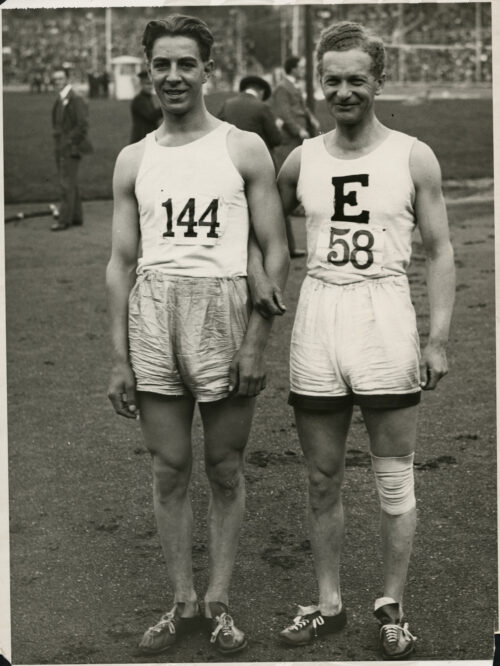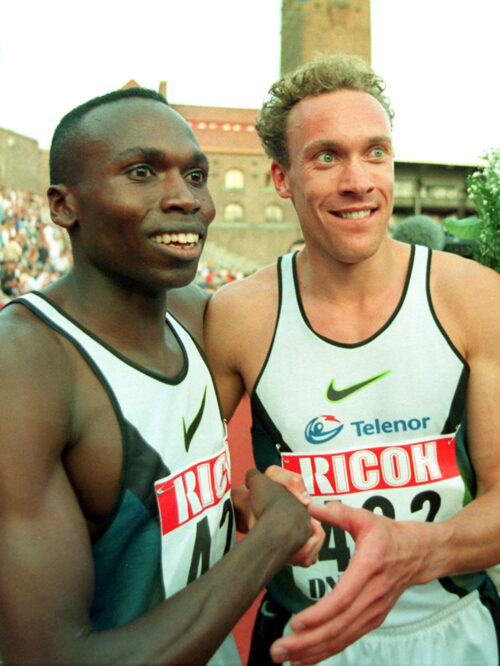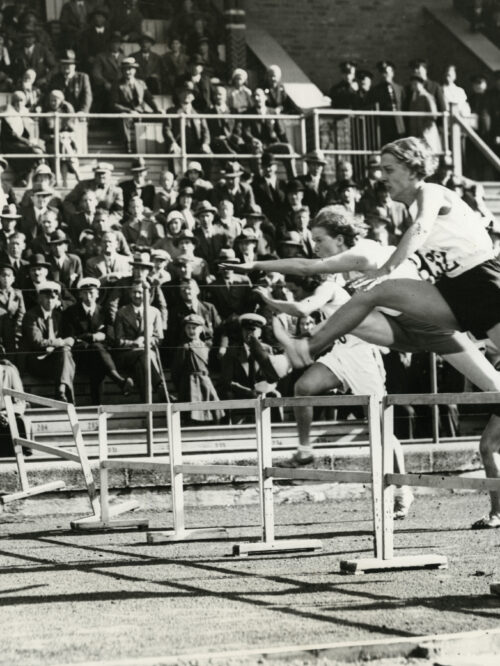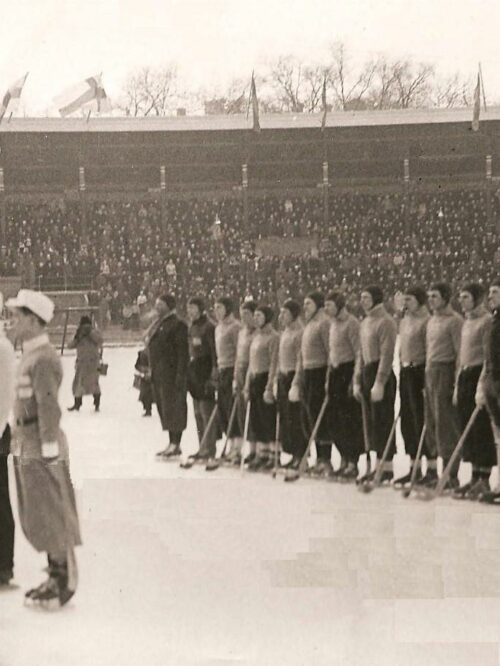Frenchman Jean Bouin was France’s first successful long-distance runner. His sporting inspiration came from Greek ideals. The body would be fit, ready for battle. In the summer of 1913, the 24-year-old Frenchman spent a month in Stockholm. He had returned to a city where the year before he had almost won Olympic gold in the 5,000 meters. In one of the most dramatic duels in Olympic history, he had to watch the Finnish runner Kohlemainen overtake him and win just a few meters from the finish line.
On July 6, 1913, Bouin’s focus was on the somewhat unusual one-hour race at Stockholm Stadium. He entered in a long white bathrobe and was accompanied by two trainers. It impressed both the 7,000 people in the audience and the 26 competitors. Already after one lap, the Frenchman had created a gap to most of the field. When the bell rang after 60 minutes, he had wrapped them all up. Bouin’s world record was 19,021 meters. The runner-up Stenroos from Finland was noted for 17,728 meters. The following year, 1914, the First World War broke out. Bouin was killed after two months of fighting. On September 29, he was at the head of a French patrol trying to recover a regimental flag. According to the French authorities, the track star’s last words were: “Long live France, avenge me!”. Bouin’s heroic death was used as moral propaganda and later many sports stadiums were named after the celebrated runner from Marseille.
